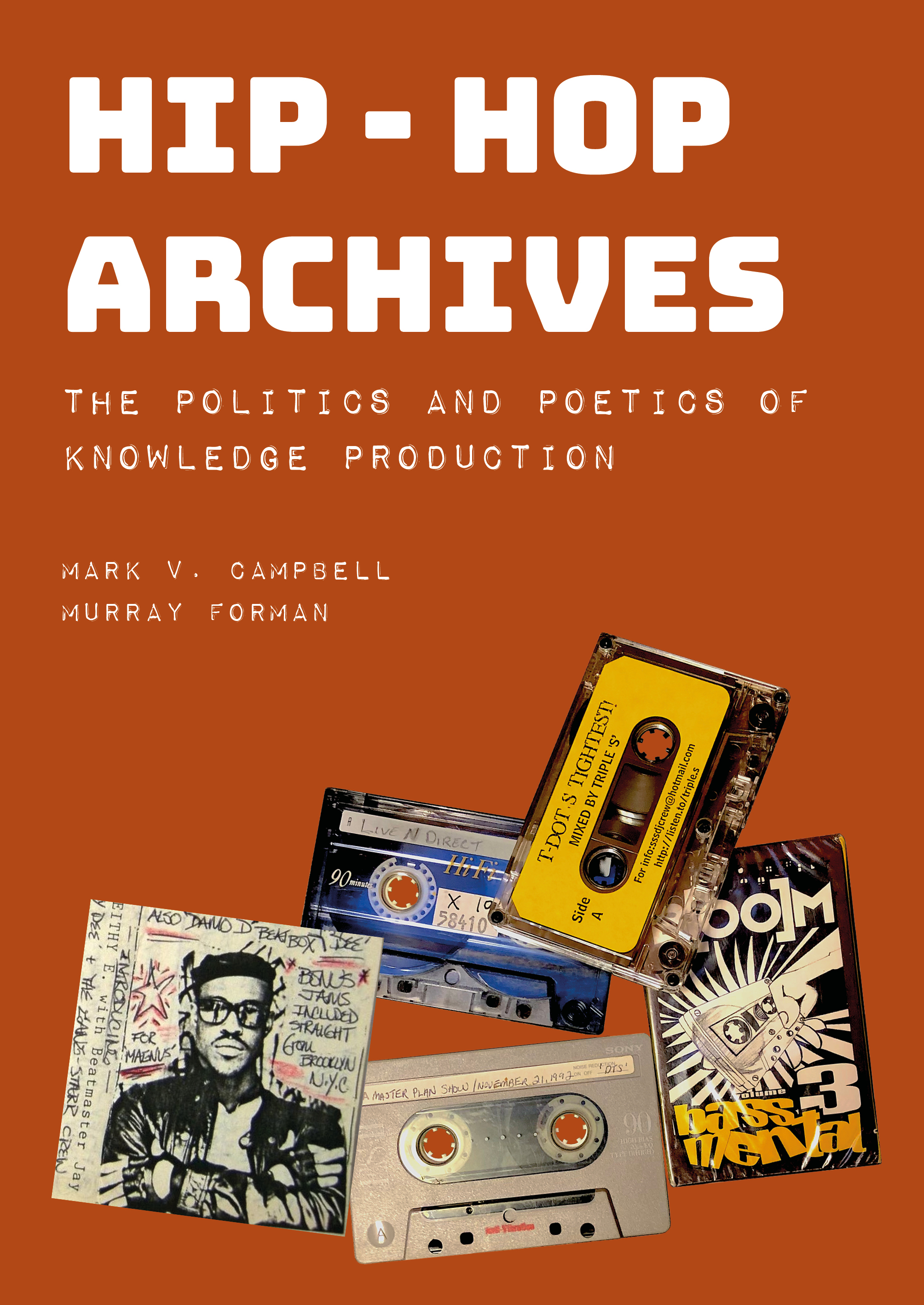
Full text loading...


Rap Cubano in the Archive: The Immaterial Paradox, Page 1 of 1
< Previous page | Next page > /docserver/preview/fulltext/9781789388428/9781789388435-c12-1.gif

Full text loading...

Data & Media loading...
References
References
